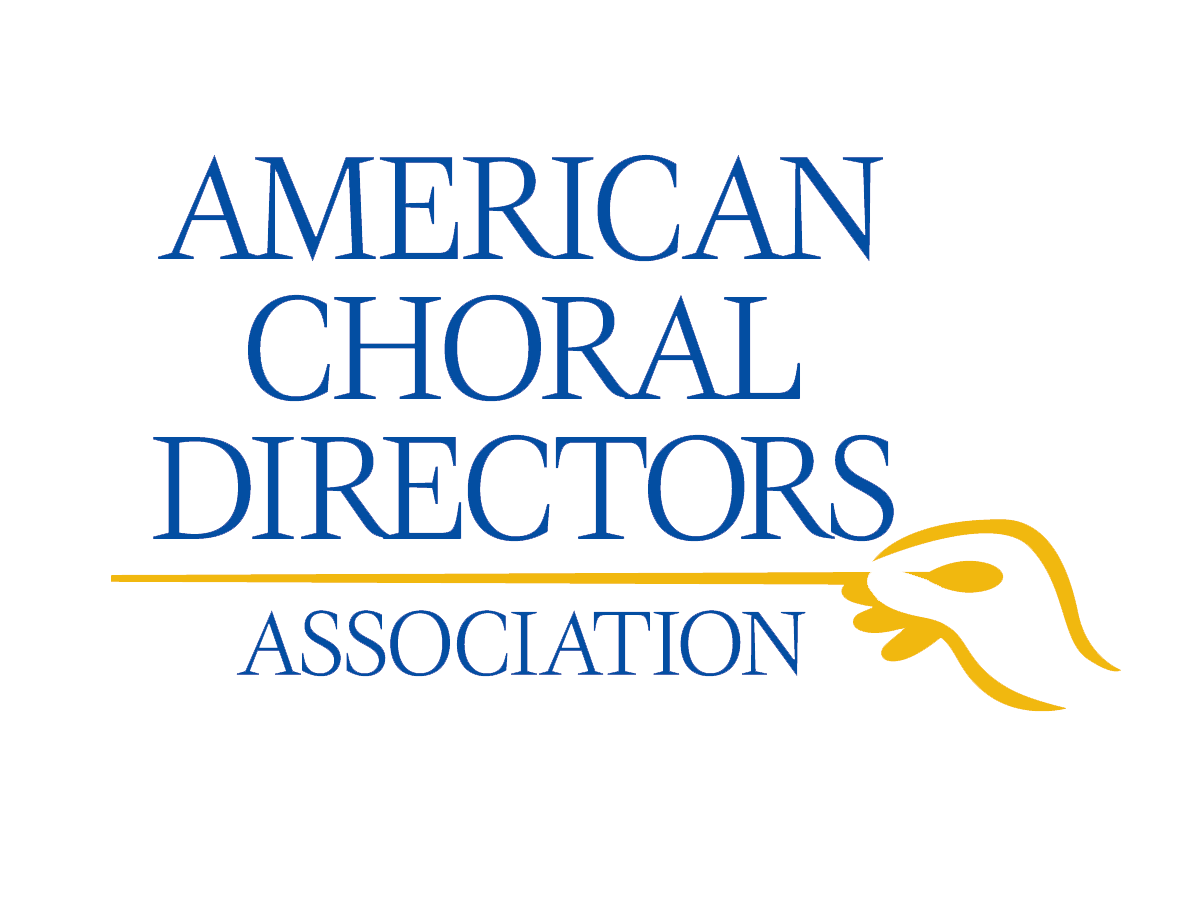In this issue:
From The Editor (P. K. Freer)
Knowledge Practices: Changing Perceptions and Pedagogies in Choral Music
Education (K. Howard)
“Trying to Sing through the Tears.” Choral Music and Childhood Trauma: Results
of a Pilot Study (H. B. MacIntosh, A. Tetrault, & J. Vallée)
ABSTRACTS | 2020 Symposium on Research in Choral Singing
Music, Community, and Justice for All: Factors Influencing Participation in Gay Men’s Choruses (Dustin S. Cates)
Effects of Three Conducting Gesture Heights on Acoustic and Perceptual Measures of Choral Sound (Melissa L. Grady, Tianna M. Gilliam)
IJRCS
Gospel Choir as a Space for Racial and Religious Expression for Black Students at a Predominantly White Institution
This ethnography aimed to describe the culture and philosophy of the Northwestern Community Ensemble (NCE), a predominantly Black gospel choir at a predominantly White institution. Data collection comprised standard ethnographic procedures—31 hours of observation at rehearsals and concerts as a non-participant observer, 28 hours as a participant observer, and 15 semi-structured interviews with ensemble members […]
Self-Efficacy and Achievement among Secondary School Vocalists: An Exploratory Study
The purpose of this study was to investigate music performance self-efficacy and achievement among secondary school choral music students. I specifically examined the relationships between the four sources of self-efficacy (enactive mastery experience, vicarious experience, verbal/social persuasion, and physiological and affective state) and the composite construct, as well as years of private lessons and practice […]
“Sing, sit, and leave”: Engagement and Disillusionment in a High School Chorus
This study provides insight into why students leave voluntary school choral experiences, through an analysis of interviews with four high school students at a single New York City high school who left, or were considering leaving, their high school choral program. This study provides a voice often unheard in the research literature, since many research […]
Music Teachers’ Perceptions of Nonverbal Conducting Technique Items in Teaching Choir in the Classroom
The purpose of this descriptive study was to examine music teachers’ perceptions of nonverbal conducting technique items based on their classroom choral teaching experiences. One hundred and fifty classroom choral music educators (N = 150) participated in this study. I employed two procedures. First, using a seven-point Likert-type scale, participants rated 15 nonverbal conducting technique […]
Male adolescents’ narratives about their choral (non)participation in public secondary music schools of Greece
The purpose of the present study was to investigate boys’ views about their participation insecondary school music ensembles with emphasis on the factors which influenced their decisionwhether to join school choirs. To fulfill this aim, the researcher conducted individual semi-structured interviews with 17 boys, students and graduates of two provincial public secondary music schools in […]


